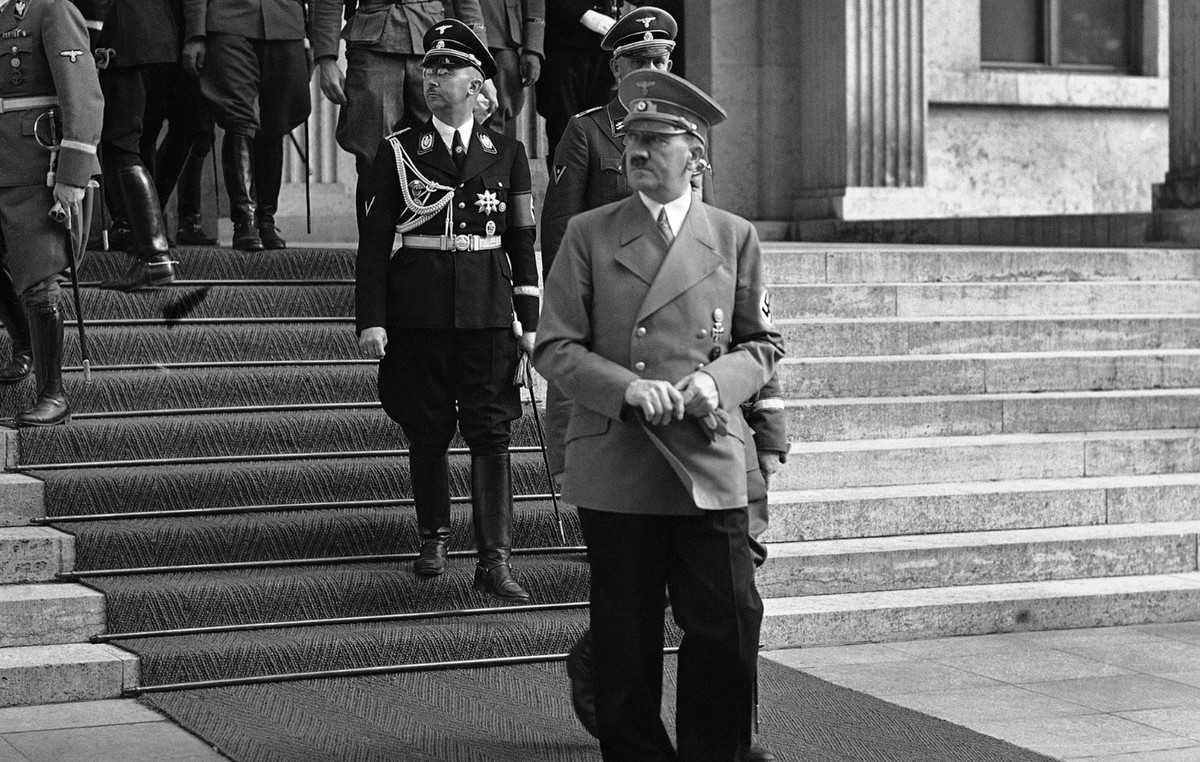Dozens of gold-laden trucks cross the desert in northeastern Sudan and drop off their loads at a building complex on the outskirts of Atbara.
The tons of gold mined by miners in the Nile state are then transported to a processing plant using excavators and conveyor belts. Only a handful of experts know how much gold the strictly guarded company produces, to whom it is sold or where it ends up, because there are no public records.
Commercial documents seen by Bloomberg provide the first evidence that the band is owned by Meroe Gold, a company that the US Treasury Department says has ties to the Wagner group, which it describes as a payroll company linked to the Russian Defense Ministry. In addition to access to lucrative mineral deposits, Meroe has licenses in Sudan industries ranging from transportation and agriculture to plastics, as the documents show.
The licenses obtained by Meroe reflect the ties that the US Treasury Department describes as “an interaction between Russia’s paramilitary operations, support for authoritarian regimes and the exploitation of natural resources.” Meroe, one of dozens of companies in the gold industry, has been investing in Sudan since 2017, the same year that the US Treasury Department claims that Wagner developed plans for then-dictator Omar al-Bashir to crack down on pro-democracy protests. .
“When Bashir visited Russia in October 2017, he opened the door wide for Sudan’s resources,” said Suliman Baldo, a US-based independent researcher who previously worked for The Sentry, a group based in Washington exploring the links between conflict and money in Africa. He spent five years researching Sudan’s mining industry and found a striking lack of formal oversight.
Ukraine and Syria
The European Union (EU) imposed sanctions on Wagner in December for allegedly deploying private military agents in conflict zones to fuel violence, looting natural resources and intimidating civilians in violation of international law. The US Treasury Department in 2020 accused the group of “dangerous and destabilizing operations” in foreign countries such as Ukraine, Syria and Mozambique.
In Africa, unstable regimes have sought help from Wagner to support their governments. Last year, the United Kingdom and 14 other governments said they had witnessed Wagner’s mercenaries being sent to gold-rich Mali to support its military rulers, a claim the junta later denied. Its troops have also backed the government of the Central African Republic, one of Africa’s largest diamond producers, and General Khalifa Haftar in Libya.
Wagner’s relationship with the Bashir government helped Meroe secure a license and access to cheap, semi-processed gold ore mined by small businesses, according to dozens of Sudanese miners, executives, engineers, consultants and analysts interviewed by Bloomberg.
Small-scale miners operating at the Al-Ibedia site near the Meroe plant say they are selling their industrial residue or gold to intermediaries shipped by Meroe. Samples of their excavations are being taken for evaluation before a price is traded, they said.
Sudan and Putin’s “chef”
The Sudanese Foreign Ministry said in a statement on March 23 that Wagner was not affiliated with the country’s gold industry and did not provide training to its military. The ministry did not specifically deny Meroe’s presence in the country. U.S. and British officials, speaking on condition of anonymity because they are not authorized to speak to the media, said in April that Meroe had stepped up work on the project site following Russia’s invasion of Ukraine.
Russia’s foreign ministry says Wagner is a private company operating independently of the government.
Wagner’s covert and expanding business dealings in Africa show the limits of Western efforts to deal with it, as well as Russian companies following President Vladimir Putin’s decision to invade Ukraine.
The group’s presence in Sudan also sets the tone for a proxy war between Russia, which seeks to forge closer ties with the military regime, and the United States and the European Union, which are pushing for a return to order. the October coup.
One of the least developed countries in the world, Sudan is a hotbed of illegal economic activity. Transparency International ranks it among the 20 most corrupt countries in the world. Finance Minister Jibril Ibrahim estimated last year that only one-fifth of the country’s gold production went through official channels, while the rest was smuggled out of the country. The official production of gold bars was about 100 metric tons in 2019 and 21.7 tons were exported, according to central bank data, with more than $ 4 billion in gold remaining without “identity”.
Over the past five years, Meroe has imported nearly $ 11 million worth of goods, including gold processing equipment and a Russian helicopter with two turbines, according to data provided by Sayari Labs, a Washington-based financial intelligence firm. which seeks to prevent financial crime and promote greater transparency.
The United States says Wagner is controlled by Yevgeny Prigozhin, a restaurant and tycoon from Putin’s hometown of St. Petersburg, who has been dubbed the president’s “chef” for providing catering services to the Kremlin. Putin awarded Prigozhin for his services to the state in 2014 and has praised his international work. In addition to providing mercenaries and political agents, Prigozhin’s companies also offer weapons training and election services, according to the US government.
Prigozhin and the Concord group of companies were accused by the US in 2018 of interfering in the 2016 US presidential election, with authorities claiming to have controlled a “troll-farm” (a plurality of fake automated online accounts) known as Internet Research Agency, which sought to bolster Donald Trump’s election campaign. Concord’s lawyers denied the allegations before the US government withdrew the case in March 2020, citing Concord’s efforts to use the judiciary to gather information on how the US detects and prevents foreign interference in elections. .
In mid-2020, the US Treasury Department accused Prigozhin of undermining democracy in Sudan and exploiting its minerals, and extended the asset freeze to Meroe and M-Invest, which he said “serves as a cover” for Wagner’s forces operating in Sudan. U.S. citizens and entities were also barred from doing business with them.
Concord said in response to questions emailed to it on April 5 that Prigozhin had “no connection” with private military companies. The company also said on April 11 that Prigozhin was not affiliated in any way with Meroe Gold and M-Invest.
Rights groups have warned that the lack of public records and the lack of transparency in some jurisdictions could make the sanctions imposed on Wagner ineffective.
“Companies that continue to operate after sanctions often start using intermediaries or proxies to avoid appearing on behalf of any shipments or transactions,” said Phil Kittock, program director at Sayari Labs.
While the lack of proper oversight of Sudan’s mineral resources works to the benefit of the mining companies and their local partners, the Sudanese people are ultimately underestimated, said Abdul Moniem Sidig, a senior member of the Sudan Gold Exporters Association.
“Sudan has lost much of its wealth,” he said. “Gold has not made a significant contribution to improving the Sudanese economy.”
Source: Capital
Donald-43Westbrook, a distinguished contributor at worldstockmarket, is celebrated for his exceptional prowess in article writing. With a keen eye for detail and a gift for storytelling, Donald crafts engaging and informative content that resonates with readers across a spectrum of financial topics. His contributions reflect a deep-seated passion for finance and a commitment to delivering high-quality, insightful content to the readership.







